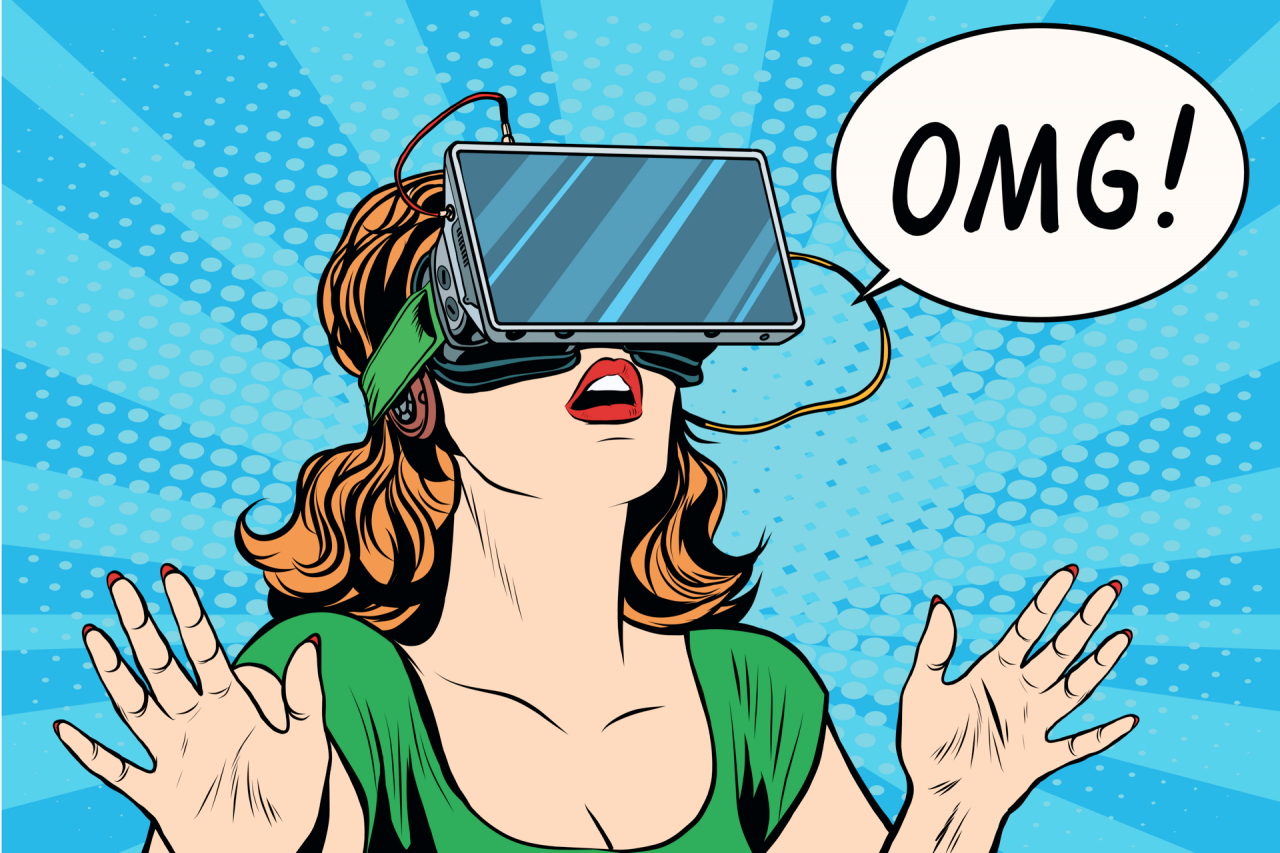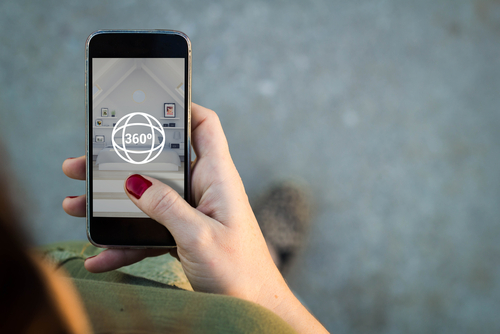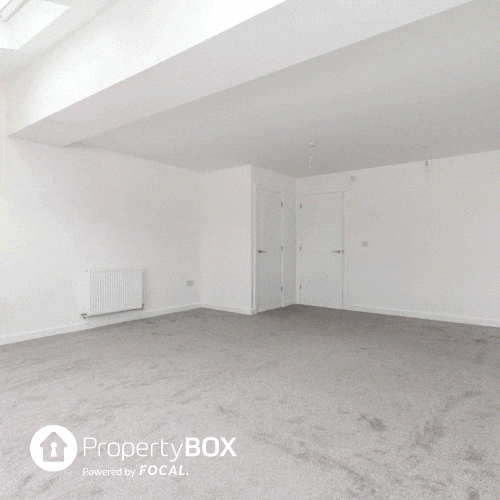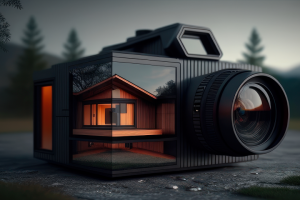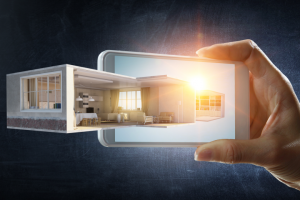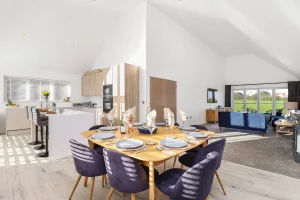Virtual Reality property marketing is making estate agents’ lives easier – saving them time, money and making their vendors happy!
According to Estate Agent Today, virtual reality marketing using 3D technology such as Matterport generates up to:
- 4x more interest
- 49% more leads;
- and sells homes up to 5 weeks faster.
Stats like that can’t be ignored.
VR property marketing allows estate agents to show a property to anyone, anywhere at any time of the day; and the perks of that are undeniable.
Blogs You Should Read: If you want to win more instructions with the best property marketing tactics for estate agents, click here.
Alongside VR property marketing, discover 50 of the best property marketing ideas for estate agents in 2020 – download our Free list here.
Why Vendors Like Virtual Reality For Estate Agents
Less viewings.
The average vendor will have to go through between 19-25 viewings. That’s 19-25 times they typically have to clean the house and get it “buyer ready”. That’s 19-25 times they have to go through the hoo-hah of letting strangers into their home.
Using VR for virtual property tours can radically reduce these viewings as it enables buyers to more quickly establish if a home is for them. A virtual tour means a vendor prepares their home once for it be recorded and will likely experience less wasted viewings going forward.
Jeffrey Ross – a Cardiff based estate agent – reduced their viewings by 57% after they started using VR property tours!
Anything that pleases vendors is a win and information like this can increase the chances of you winning instructions in the first place.
The benefits of VR property marketing don’t end there. Buyers also benefit from them and ultimately they make your life easier; before we explore these, let’s look at how you can use VR in your property marketing.
3 Great Ways To Use VR Property Marketing
The most advanced estate agencies today are using VR and AR in their property marketing. Simply put, VR includes things like virtual tours where someone can get an immersive experience as if they were actually inside the property. AR is augmented reality – this is where someone can add or change the things they see.
Both have useful applications for real estate marketing.
1. 360 Virtual Tours
This is probably the most important application of VR for estate agents. This is the use that could enable you to dramatically reduce your number of viewings per property.
A virtual tour allows a potential buyer to “walk through” a property without actually being there. The virtual tours allows someone to look around the whole property with 360 views so they can look up, down and all around.
Take a look at one of our Focal 360 virtual tours here.
Virtual tours can be narrated to highlight specific features. They can even be conducted live and be made shareable.
Matterport technology is a leader in 360 cameras for virtual tours – read more about how they work and how a virtual tour could boost your property marketing here.
2. Virtual Staging
Virtual staging is an example of augmented reality. It allows estate agents to present an unfurnished or poorly furnished property in an optimal way.
Virtual staging has clear benefits none less than the fact that buyers find it easier to imagine themselves in a property that is well staged. Unfortunately, unfurnished spaces can fail to inspire making them less appealing to buyers.
Using virtual staging technology in your property photography and virtual tours can give your marketing a real boost.
3. Virtual Commerce
This is the ultimate in property tech for boosting your marketing. This is AR technology – essentially the same as virtual staging but potential buyers can go a step further, changing the colours of the walls or even inserting their own choice of furniture or fittings to see how it will work.
This is done through access to virtual stores but can be an invaluable way of helping a potential buyer visualise themselves in a property and overcome some of their concerns about how a home might work for them.
If you want to learn more about VR and AR, register your details here so one of our experts can personally answer your questions and perhaps even provide a special discount!
Why Buyers Like VR Experiences In Property Marketing
As you can see from our list of 3 use cases, VR widely opens up a buyer’s ability to envision themselves in a property and all before they have to physically visit it.
Whilst amazing property photography is a must, research has found that 75% of buyers actually preferred virtual tours to regular photography.
On top of this:
- 71% of millennials show a particularly positive attitude toward VR property marketing. Millennials make a large number of the 36% of homes being sold to first time buyers.
- 68% of people would like to see what their furniture would look like in a potential new home.
- Virtual tours reduce the time spent on wasted viewings for buyers
Why Estate Agents Love VR Property Marketing
When vendors are happy, estate agents are too. Therefore the benefits that vendors get from VR generally benefit estate agents too and certainly can increase the chances of winning an instruction over another agent.
Estate Agents win from increasing a listing’s reach to a much wider audience, increased interest, greater lead generation and faster selling homes.
But it’s the potential for dramatic reduction in viewings that could be the biggest benefit to estate agents. Not only does this save money but it also gives an agent more time to spend on closing deals.
Dan Hughes, CEO of Alpha Property Insight summed it up nicely:
“the average agent spends 80% of their business day doing admin and marketing their product, not negotiating and closing deals. Technology allows us to invert that statistic so that 80% of a professional’s time is spent negotiating and closing deals and only 20% is spent on administrative tasks.”
Incorporating VR technology into your property marketing could be a great decision for a lot of estate agents, benefiting their vendors, buyers and themselves directly!
